Patient Resources
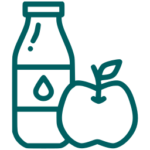
Dietary compliance has been low in the past due to very restrictive diets advised.
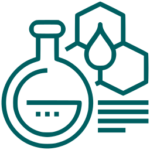
Scientific research has shown that the CKD diet can be more liberal, thereby allowing for a wider variety of foods.

The information provided here allows for healthy eating to maintain better health and wellbeing.
Healthy eating for Kidney Disease
Introduction
It is important to eat a healthy diet by including a variety of foods. Eat the right amount of protein and energy, as well as other nutrients for your condition and to maintain a healthy weight. Keep foods natural and avoid processed foods and additives. Keep physically active everyday by walking more and sitting less.
Key Messages
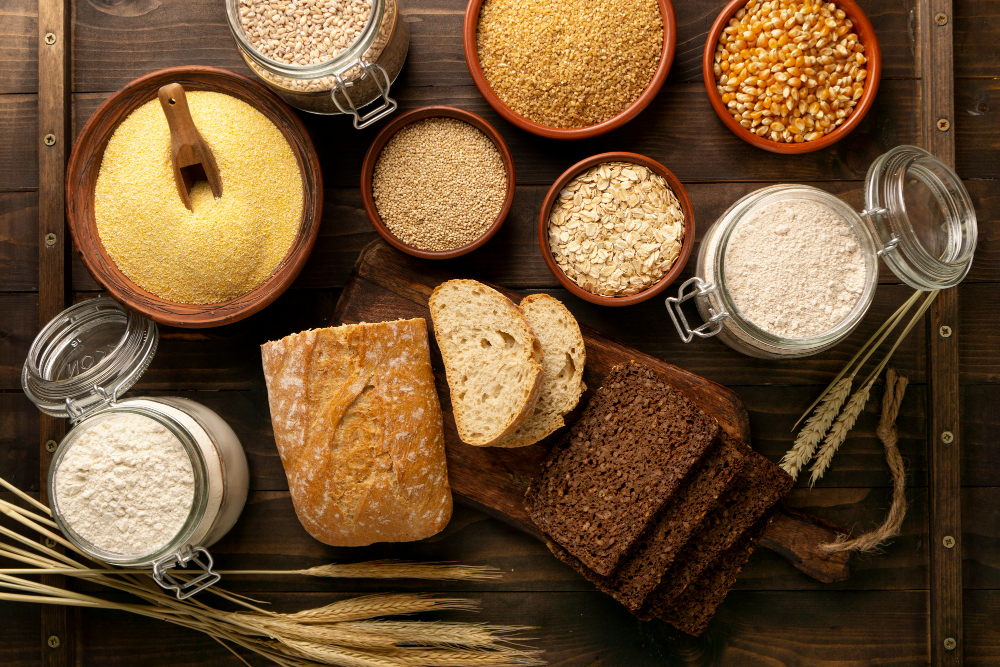
Choose whole grain or brown bread, rolls, crackers, pasta, high fiber cereals as well as oats, maize meal, samp and popcorn.
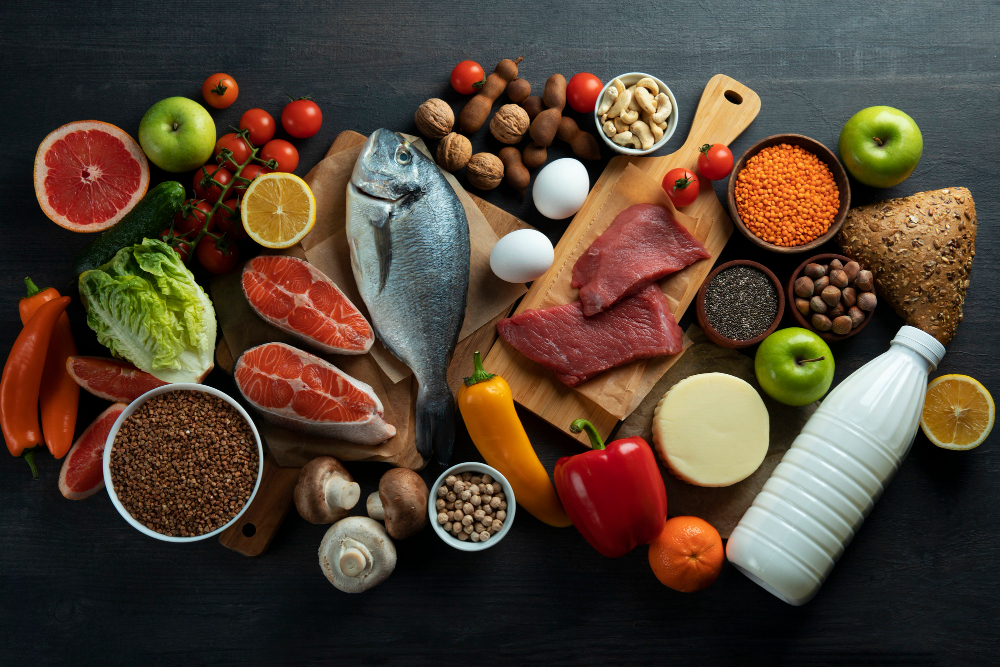
Choose low-fat or lean protein such as chicken, fish, meat, milk, and plant proteins such as beans, lentils, nuts and peanut butter. Limit to one of the following in a day; cheese, eggs, organ meats such as liver and kidney, bacon, sardines and pilchards.
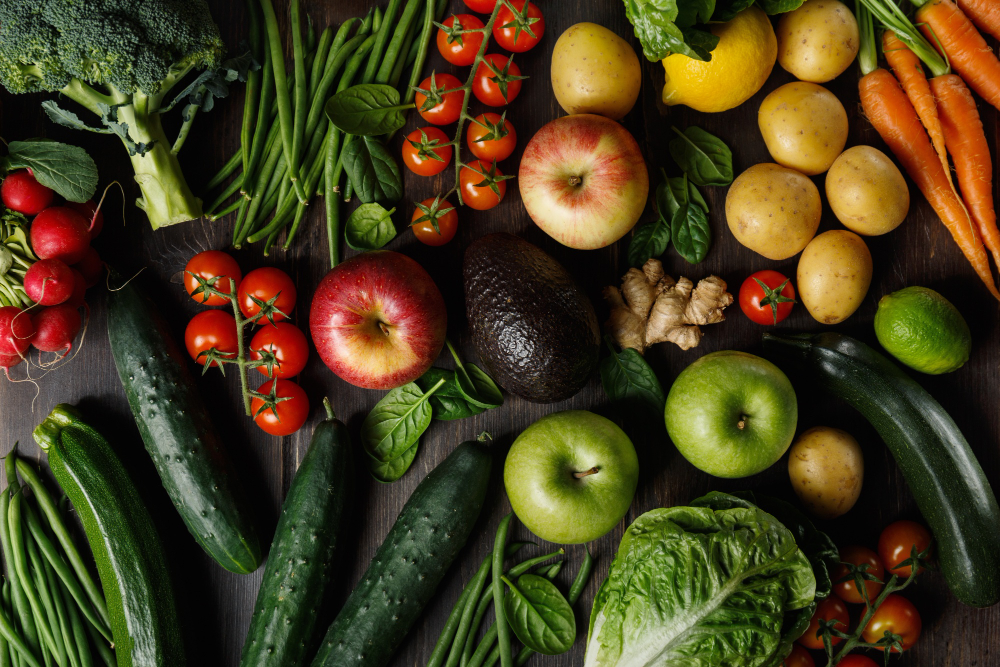
Choose 2-3 small fruits per day and 2-3 portions of vegetables per day. 1 vegetable portion: 1/2 cup cooked or 1 cup raw
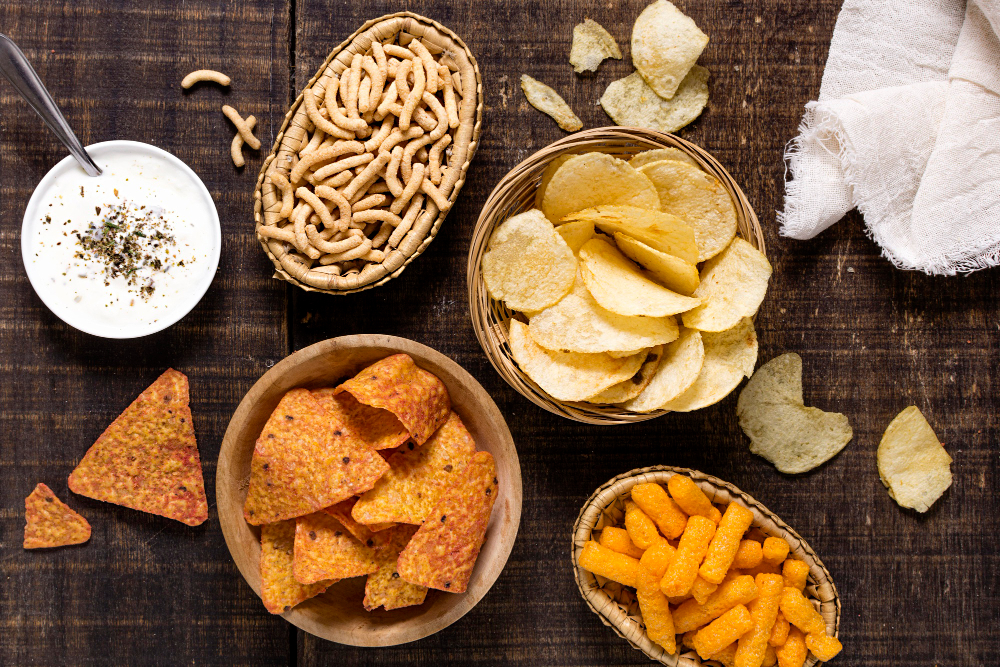
Limit salty processed foods and adding salt to your foods.
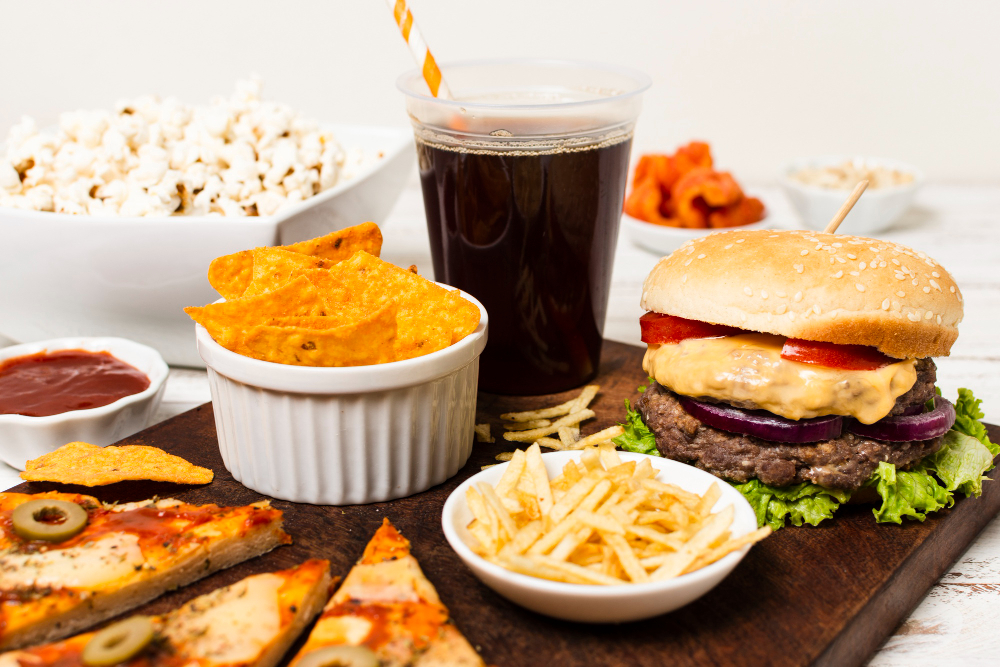
Limit processed foods, take-away, convenience foods and additives.
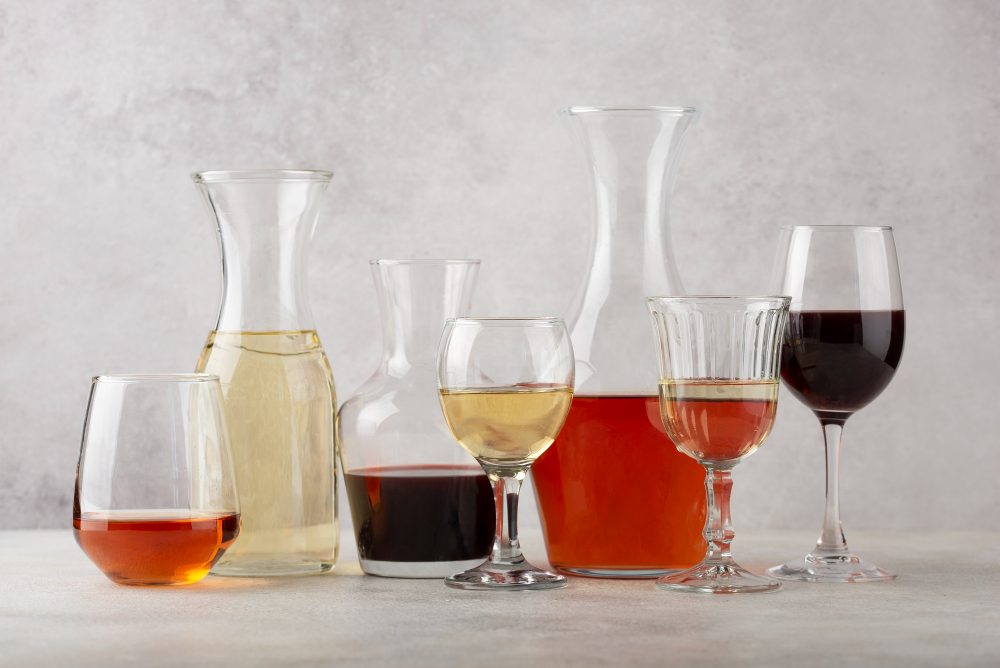
Limit alcohol consumption.
What are processed foods?
Processed foods are foods which are chemically or physically changed in the manufacturing process.
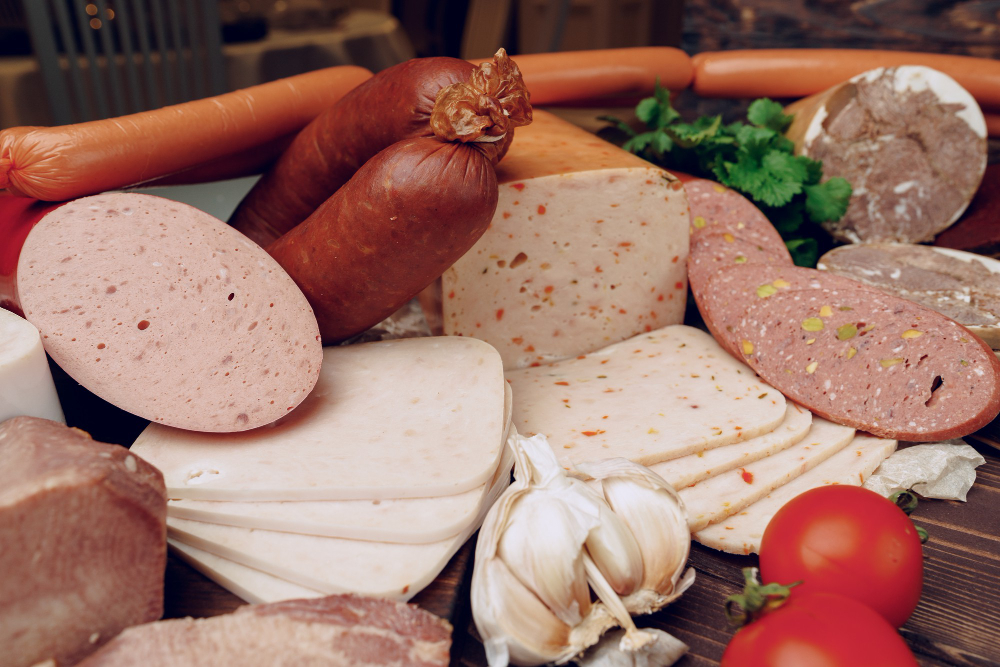
What are additives?
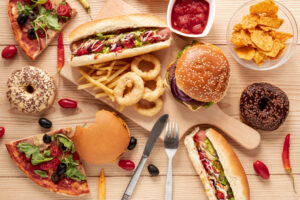 Additives are added to food mainly to preserve and enhance them. When read ing food labels, be careful of potassium and phosphate containing additives. They are mainly found in processed foods e.g. cheese, noodles, ready made sauces, tinned and packets of soup, ham, bacon, pies and sausage rolls, pastries, dried foods, maize or potato chips, gourmet popcorn, salt substitutes, anything crumbed eg crumbed chicken or fish, polonies, viennas, sausages and burgers, cola and orange cold drinks, ready to mix powder drinks, ready to eat fortified cereals and ready- made packaged meals and take aways.
Additives are added to food mainly to preserve and enhance them. When read ing food labels, be careful of potassium and phosphate containing additives. They are mainly found in processed foods e.g. cheese, noodles, ready made sauces, tinned and packets of soup, ham, bacon, pies and sausage rolls, pastries, dried foods, maize or potato chips, gourmet popcorn, salt substitutes, anything crumbed eg crumbed chicken or fish, polonies, viennas, sausages and burgers, cola and orange cold drinks, ready to mix powder drinks, ready to eat fortified cereals and ready- made packaged meals and take aways.
Practical Tips

Keep your food options natural and home-made. Steam, boil, grill, bake or braise instead of frying.

Eat fresh fruit than drinking fruit juices and soak vegetables in lukewarm water.

Flavor foods with spices such as paprika, curry powders, cumin, coriander and pepper, garlic and herbs such as mixed herbs or origanum.

Manage your thirst by sucking on icecubes and keep to your prescribed fluid intake.
